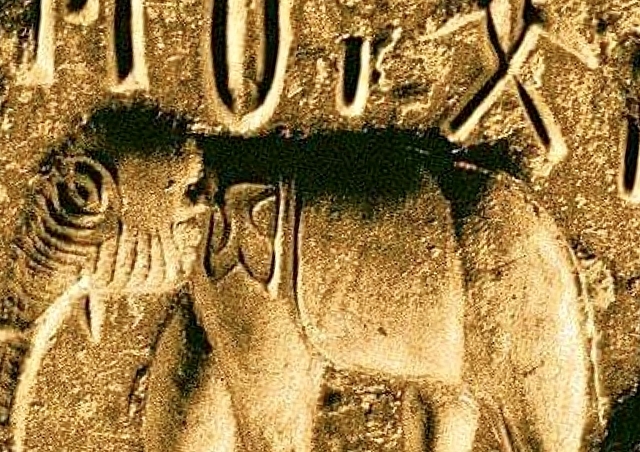
Dr Iravatham Mahadevan: A Tribute To A Scholar
The best tribute to Dr Iravatham Mahadevan would be to keep alive his spirit of reconstructing India’s rich past.
Dr Iravatham Mahadevan did more than most in resuscitating awareness of our cultural roots. He stands on the same footing as Sir William Jones who inspired a whole lot of British employees of the East India Company in the eighteenth century to delve into our historical past. Without James Prinsep, an archaeologist, philologist, and official of the East India Company, we possibly would not have deciphered the Brahmi script; nor would we have known that the caves where Maharashtrian shepherds rested with their flocks of sheep were housing one of the most astounding collections of Buddhist and Hindu arts of the sixth-seventh centuries. These were the Ajanta Caves. Robert McKenzie’s unrivalled collection of artefacts in south India opened our eyes to the unique history of the region.
Dr Mahadevan’s monumental research work on the Indus seals and his refreshingly mature views on the composite culture of the people was an antidote to the poisonous Aryan- Dravidian divide insinuated by colonial historians. His taking over of the Indus Research Centre under the aegis of the Roja Muthiah Research Library in Chennai attracted many budding researchers into India’s past from an incredibly dispersed walks of life and age groups. I know this, because I was one of those attracted to their monthly meetings when I had turned 80. There were several young students and middle-aged school teachers as well. His quiet demeanour and maturity of outlook on history and culture as one indivisible heritage opened the minds of many to the mischief of Western inspired historiographies.
It was my privilege to attend Dr Mahadevan’s presentation of “Dravidian Proof of the Indus Script via the Rig Veda: A Case Study” published in 2014 as Bulletin No 4 by the Indus Research Centre of Roja Muthiah Research Library. What an amazing and inclusive view of India’s culture presented with incisive logic! That is worth publishing for public edification as well, instead of being confined to the scholarly groups.
Nothing can be more untimely or unfortunate than the loss of a scholar like Dr Mahadevan in these times, when political authority stems from illiteracy and ignorance and is driven by divisive prejudices. India’s ongoing search for a new civilisational idea that would define a religio-cultural bouquet that is Bharat would be severely handicapped.
Let us hope and pray that his spirit of reconstructing India’s past survives and also thrives. That is the best tribute we can pay to Dr Iravatham Mahadevan.